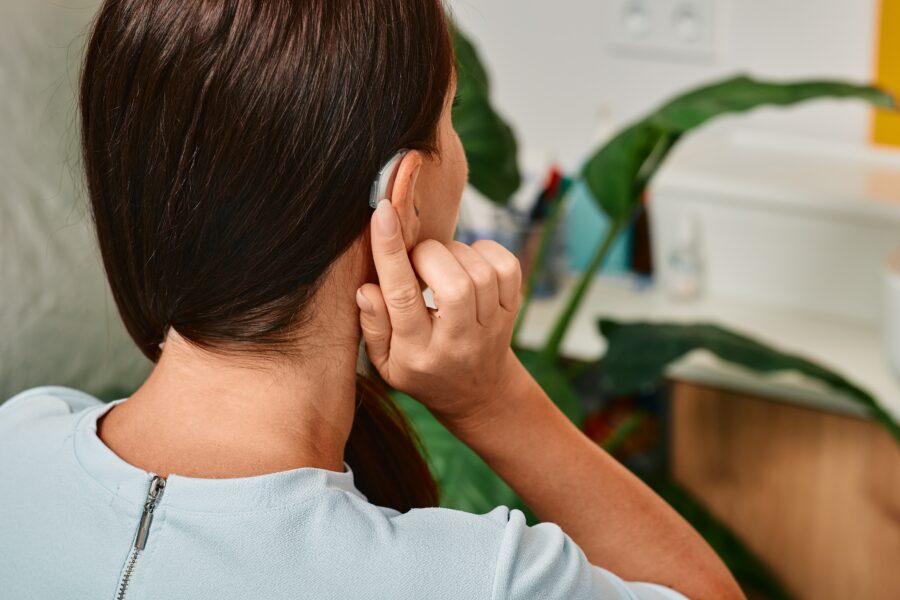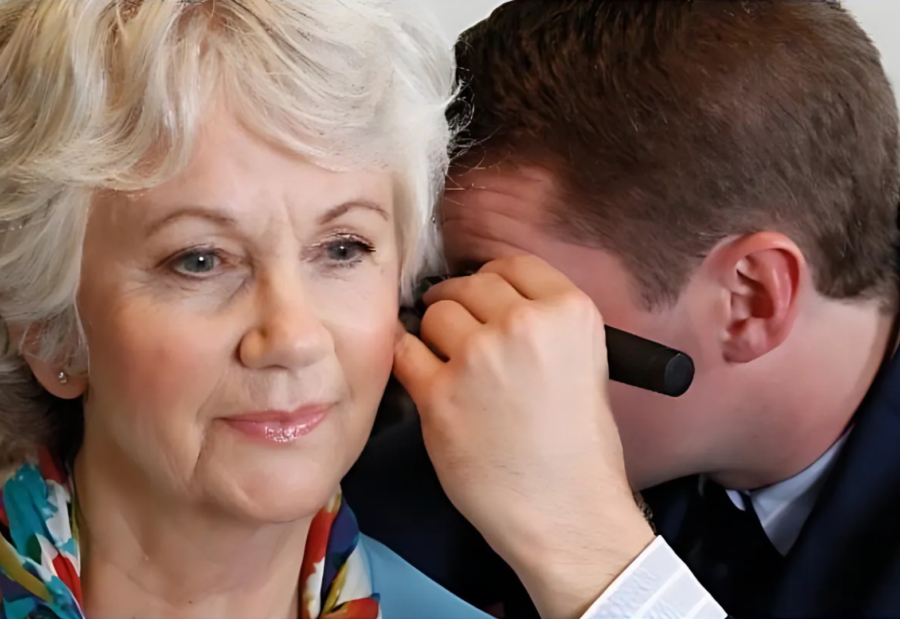Blog post
Adjusting to Hearing Aids
It’s normal for hearing aids to feel a little strange when you first start using them.
You may have suffered with hearing loss for a long time and have got used to the quiet and not being able to hear all the sounds around you.
When you start wearing hearing aids, your brain needs to readjust to hearing specific sounds again. Give it some time, and you'll likely forget you're wearing them.

How long does it take to adjust to new hearing aids?
Generally, the acclimatisation period is around 4 to 6 weeks. However, individual experiences vary. While some people adjust quickly, others may need more time.
Is it difficult to get used to hearing aids?
Adjusting to new hearing aids is a personal experience that varies from person to person.
For most people, the process is manageable. Any teething issues are typically short-lived and resolve themselves as you go through the 'acclimatisation period,' which is especially significant in the first four weeks.
Some of the most common issues our customers experience are:
- Feeling like ears are blocked: Also known as the "occlusion effect," your ears may feel clogged initially. Most hearing aids have vents to allow air to pass, reducing this sensation over time.
- Voice sounds different: Don't be surprised if your own voice seems altered; this is due to the amplification. You'll acclimate to this change.
- Whistling sounds: High-pitched whistling, known as "feedback," can happen occasionally. Modern hearing aids have feedback cancellation to tackle this issue.
- Feeling like there is pressure in ears: Some people feel pressure or soreness in their ears initially. If it persists, consult your audiologist.
- Sounds seem too loud: New hearing aid users often remark that everything sounds very loud when they first start using their hearing aids. Suddenly the clicks from a keyboard, the sound of rushing water, and even the squeaks of your shoes seem very noticeable. This is a good thing – you’re hearing sounds you haven't heard in a long time! Still, it may be tiring to take in all these new sounds.
- Emotionally overwhelmed: There's often a sense of relief, excitement, and sometimes even sensory overload as your brain begins to process sounds it may have forgotten. All of this can evoke strong emotional reactions.

Still need some help?
If you need any further assistance, give one of our friendly hearing specialists a call on 0808 239 0591.


